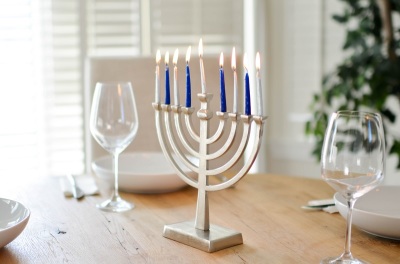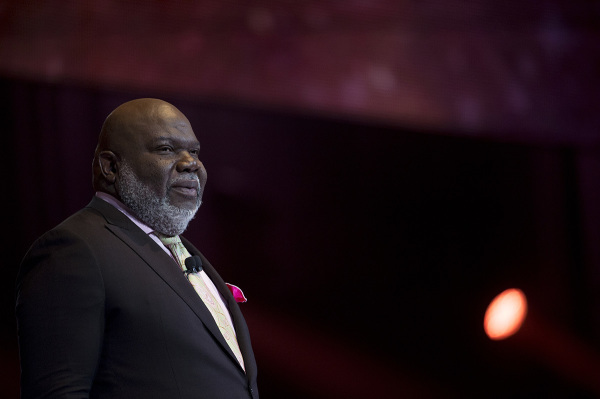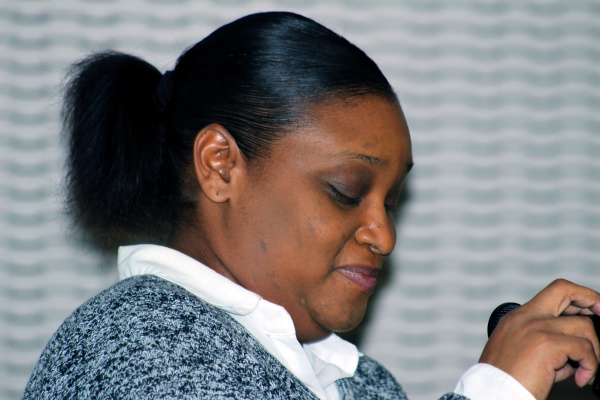Hanukkah Day Four — Rededication

As Jews around the world prepare to celebrate Hanukkah this year, let's take a moment to understand what the word actually means and what it tells us about this holiday.
When we divide the word Hanukkah in half, we get two Hebrew words: Hanu, which means "they rested," and kah, which is composed of the Hebrew letters that correspond to the number 25. The meaning of the word becomes, "They rested on the 25th." Indeed, the war against the Greeks ceased on the 25th day of the Hebrew month Kislev. It was on that day that a major battle was won, and the people finally rested.
It was also on the 25th that the Jews joyfully marched to the recaptured Temple, ready to begin the Temple service again. We can only imagine their disappointment as they opened the Temple doors and saw that the House of God was in shambles. The place of utmost purity was utterly defiled. They realized that the Temple needed more than cleaning; it needed a complete renewal — a rededication.
On the 25th of Kislev, the Jewish people decided to rise up from the ruins and renew all that had been destroyed. They vowed to recommit to their ideals and realign themselves with God. The literal meaning of the word Hanukkah is "dedication;" however, the Temple had already been dedicated once. On this day, the word Hanukkah meant "rededication." It signified a complete renewal.
Psalm 30, which we read on Hanukkah, begins, "A song. For the dedication of the temple. Of David." The word used in the verse for "dedication" is Hanukkah. However, the Jewish sages note that David never dedicated a Temple. It was his son Solomon who built and dedicated the Temple. They explain that perhaps David wrote this psalm for future Temple dedications. However, it could also be that David meant this psalm for himself.
David had just healed from an acute illness when he penned this psalm, so the "temple" of the psalm could be referring to David's body, the home of his godly soul. In this psalm, David was actually rededicating his body after a devastating illness and recommitting to living a godly life. He was renewing his dedication to serving God.
David's rededication can serve as a model for us all. This Hanukkah let's recommit ourselves to our ideals and values. No matter what may have happened in our lives, we can start anew today. We can rededicate ourselves to serving God, even amid the ruins of our lives. We can give ourselves to Him anew, and through God become renewed.
Rabbi Yechiel Eckstein is the founder and president of the International Fellowship of Christians and Jews, which now raises more than $140 million per year, mostly from Christians, to assist Israel and the Jewish people. Since its founding, The Fellowship has raised more than $1.4 billion for this work. The organization has offices in Jerusalem, Chicago, Toronto and Seoul.





















